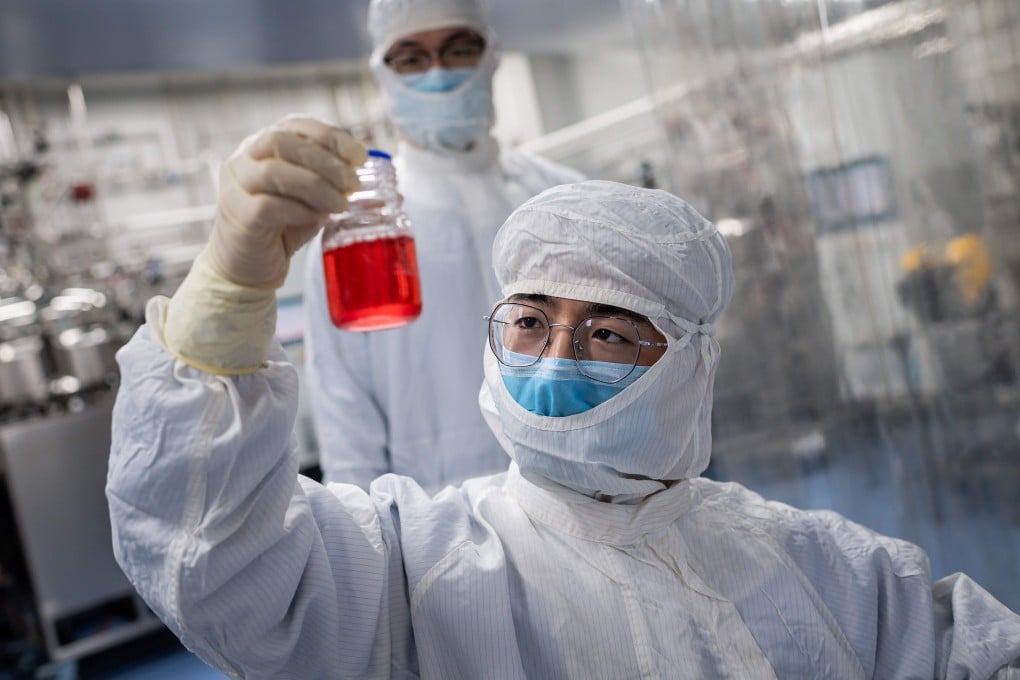Explainer | Who is in the global competition to develop a coronavirus vaccine?
- The US leads the global race for a Covid-19 vaccine with 39 research projects, either independently or in partnership with other countries. Chinese institutions and companies are working on 20 projects
- Of those projects under way, 11 are being carried out on humans. China is working on five of those vaccine developments, while the US is working on three

From the United States and China to Kazakhstan and Thailand, 30 countries around the world are engaged in research to find a vaccine to shield their population from the coronavirus, as the global Covid-19 caseload passed 7.3 million and the death toll topped 400,000 at the latest count.
Universities, pharmaceutical companies, research institutes and government laboratories in those countries are working on 133 possible vaccinations as of early June, according to data from the World Health Organisation (WHO) and research compiled by South China Morning Post.
Here’s what we need to know about the Covid-19 vaccine:
How many research projects are under way?
Overall, the US leads the vaccine race with 39 research projects, either independently or in partnership with other countries. Chinese institutions and companies are working on 20 projects.
Of those 39 projects under way, 11 of them have advanced beyond the “preclinical phase,” which means testing has been carried out on humans. China is working on five of those vaccine developments, while the US is working on three.